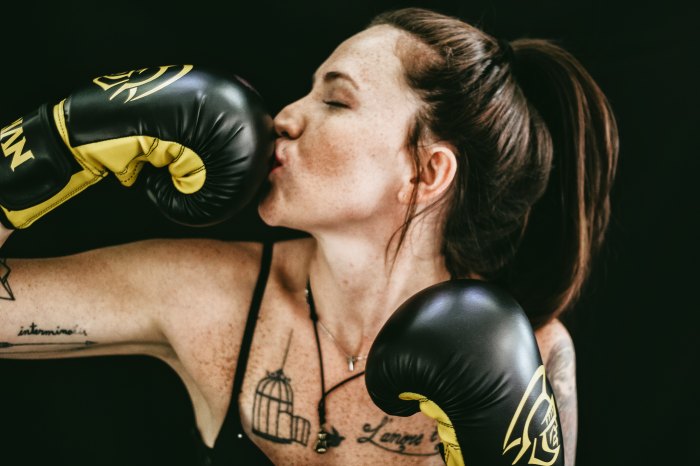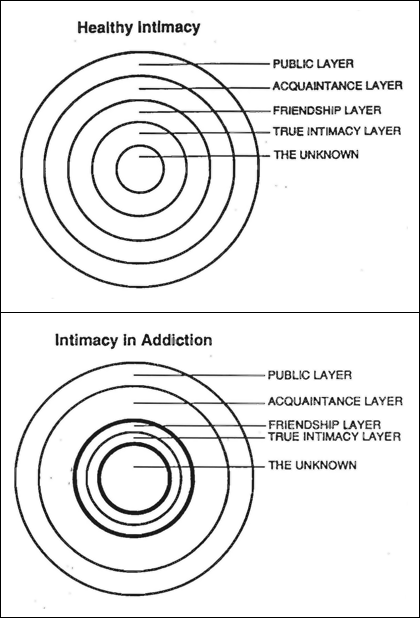Do you like dressing up?

I know I do! I’ve always loved dressing up since having themed birthday parties as a kid to being fascinated with historical costumes to being sponsored by a fetish fashion company to wear their creations whilst photographing events.
Perhaps you only dress up once a year at Halloween or for a themed birthday party?
Perhaps your everyday dress is a reflection of a particular era you love the style from or a particular subculture? Perhaps you dress up as part of your job like a clown or a performer? Perhaps you dress up in fetish wear as part of your expression of your sexual identity?Perhaps you are a cosplayer or a sports star?
Do you feel too self conscious to dress up in costume? This reveals a lot about your inner workings. I had one client who never wanted to play or dress up because they were so worried with others opinion of them. If this is you, how can you let go of this a little?
Refusing to ever dress up in costumes can also expose problems one can have with accepting oneself.
Dressing up at Halloween is good for you!
Halloween can be a wonderful time to express yourself and explore other parts of yourself. Putting on a mask means we can temporarily and safely play with aspects of our pysche that we normally keep hidden from ourselves or others. Halloween is the one time of year that expressing the deepest and darkest parts of our shadow is socially acceptable and embrace the dark side of ourselves in a safe way.
Expressive play is so cathartic! It can help us find what are the parts of our psyche that we push down and repress. What strengths and resources do those parts of our self have to offer us?
Don’t underestimate the power of play. Don’t underestimate the creative power of engaging with your shadow.
What’s with this Shadow Business?

Ever since we were children we may have found ourselves supressing parts of our personality that were punished or shamed and bringing forth other parts of our personality that were encouraged. This creates a ‘splitting of our psyche.’
We can suppress the unwanted parts of our personality but they’re still always there and with us. Those parts will erupt outwards as projections, envy, black and white thinking, aggression, resentment, criticisms and rage. The more we repress our ‘shadow’ the more destructive it will become.
Carl Jung said the shadow was a mainly negative place where unconsious aspects of our personality exist. These parts of our personality are the parts that our conscious ego does not acknowledge are part of us. Jung said that the “shadow is that hidden, repressed, for the most part inferior and guilt-laden personality.”
The more repressed our shadow, the more we run from it, not recognising and owning elements from it-the darker it is.
Jung spoke about the creative potential and power of the shadow if one could work on integrating it into our life.
I love the positive potential of engaging with our shadow and integrating these strengths in particular through dressing up!
What does your choice of Halloween costume say about you?
What is your all time favourite costume that you’ve worn?
How did you feel when you wore it?
What aspects of your self that you’ve been repressing uncontrollably explode outwards when it’s Halloween or another dress up time of year?
Your choice of costume is not an accident by any means. Our costume reveals our shadow side and inner desires we work on really hard to control and suppress.
Jung said that we we distance ourselves from those shadow behaviours that we find dangerous. Halloween is a time when people can dress as scary serial killers or violent people and it’s acceptable to do that. It’s a way of recognising that we all have these dark parts to our personality but we don’t act on it.
What does dressing as a Viking have to do with this?
I found a photo of myself when I was 19 at a Halloween party recently. I had gone to the costume shop and created a complex Viking warrior costume for myself. I had a huge helmet (plastic and sprayed silver of course!) complete with long blonde plaits, a tunic that was probably a car seat cover at some point, fake fur leg coverings, a big axe and let me just say I looked like a pretty tough warrior.
I can see now that was a time in my life I discounted my own needs in misguided attempts to keep others happy. I was being taken advantage of in my personal life and had been repressing that inner warrior strength. My unconscious shadow wanted to express my inner warrior through the archetype coming out!
In my mid 20’s I had complex pirate queen dress up costumes. I researched late 1700’s fashion and designed and sewed a ripped, rough and brutal version. This was a tough alter ego who was in charge and had authority. She was quite brutal and punished her betrayors mercilessly in complex erotic and sadistic photo shoot stories.
The Warrior Archetype! Roar!
Carl Jung wrote a lot about how the warrior archetype had an important role to play throughout a child’s change from childhood to adulthood. I was 19 years old when I wore that viking costume and moving into adulthood; living on my own, studying, working and finding my feet in relationships and amongst my tribe of friends.
Our society teaches us that some particular behaviours and sexual desires etc are inappropriate. A lot of girls are taught to be nice, agreeable, get along and repress assertive thoughts. There weren’t at the time many positive female strong warrior archetypes in movies or tv shows. I don’t think Buffy the Vampire Slayer even existed yet! A lot of girls are taught that their femininity is about being a people pleaser or that fulfilling others needs are more important than their own needs. Often girls are wrongly taught that when they’re being assertive they’re being ‘bossy,’ ‘bitchy’ or ‘masculine.’
Jean Shinoda Bolen said, “There is a potential heroine in every woman.”
Sometimes we choose a strong warrior archetype to dress up as because we have been suppressing that strength and leadership in our own life.
Now let’s talk about Wonder Woman!
I see this example today with women, intersex, non binary and trans women strongly identifying with the female warrior archetype through donning the Wonder Woman costume. Dressing as Wonder Woman may be the symbol so many need to unapolegitcally feel their feminine strength that they may have repressed due to society’s or family demands.
Playing with this wonder woman archetype gives permission for a woman…
“who is strong, brave, independent and who fights for what’s right in the name of love and humanity.”
Annie Wright
Questions for you
If this article has resonated with you please get in touch and let me know more.
-What messages did you learn about being your gender in this society?
-Do you know or recognise this warrior archetype in yourself?
-How could you expressively play and dress up to bring more of this warrior into your life?
-What did you learn from your mother about being a strong woman in this world? Did she embody the warrior at all?
-When you were growing up were you taught it was okay for a girl to be strong and fierce?
-How have you embodied this warrior archetype in your own life? Think of examples of standing up for you own needs or those of the community.
-How can you nurture more of this Wonder Woman energy into your life more?
-What parts of your life need the warrior to come to life now?












